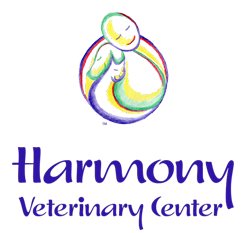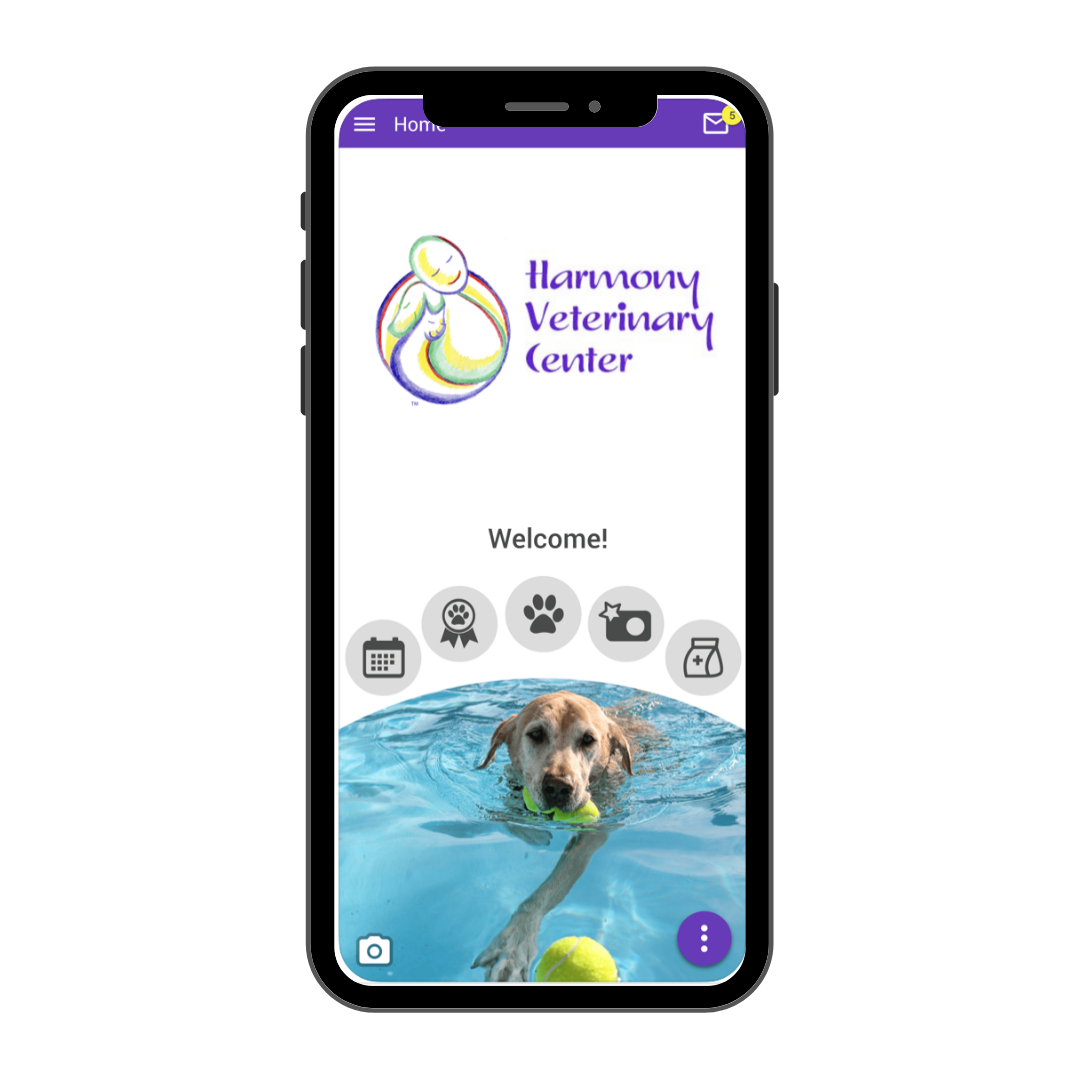
Harmony is proud to offer the services of Dr. James Gaynor, a leading specialist in animal pain management who provides state-of-the-art pain control for dogs and cats with advanced injection therapy, including stem cells. By striving to increase function in pets, he enhances both their performance and their quality of life, often diminishing the reliance on NSAIDs. A Diplomate of the American Academy of Pain Management, Dr. Gaynor also authored the Handbook of Veterinary Pain Management, a leading resource for veterinarians worldwide.
He explains, “A general vet can do normal pain management, but when either clients want more or patients need more, better or different, that’s my job. In my world, I rarely run out of options. As a specialist in anesthesiology and pain management, I can turn to both drug and non-drug therapy. I use a variety of injections, including stem cells, to assist with the function of joints, tendons, ligaments and the spinal cord.”
Dr. Gaynor also brings with him to Harmony increased options for non-invasive diagnostics. He is one of the few vets in Colorado who can offer diagnostic musculoskeletal ultrasound, which images the muscles, tendons and ligaments inside of knees and shoulders. Imaging animals is an alternative to scoping them, providing a non-invasive diagnostic option for patients.
As one of the few board-certified veterinary pain specialists in Colorado, Dr. Gaynor has the stats to back him up:
- A 95% success rate getting dogs & cats off the euthanasia list because they no longer hurt.
- A 84-92% success rate with stem cell therapy, based on owner perception of increased quality of life. This often lasts 18 months or more with 6-month re-checks.
- Utilizing Arthramid Vet injections, a 85% success rate at 6 months and 75% success rate at 12 months, tapering further from there.
Dr. Gaynor notes that pain management is a continuous process. “Ongoing therapy may be needed for continued quality of life. My approach includes examine, treat, assess and reassess. In addition, physical rehabilitation is a crucial component for many patients.”
We can tell animals are uncomfortable in how they move, explains Dr. Gaynor. Any change in movement or function may be indicative of pain. “90% of cats 10 years and older have x-ray evidence of arthritis. People think cats don’t jump because they’re old; they don’t jump because they hurt.”
Fortunately, pain management utilizing advanced injection therapies is more accessible than pet owners might initially think. It’s often covered by pet insurance companies with pre-approval. Says Dr. Gaynor, “My whole goal is to increase comfort and function, making dogs, cats and their people much happier. Ultimately, this creates a stronger human/animal bond.”
About Dr. James Gaynor, DVM, DACVS, DAAPM
Dr. Gaynor completed his undergraduate degree at Colorado College in 1983, and received his veterinary degree (DVM) from Ohio State University in 1988. After gaining experience at a small, private animal practice in northeastern Ohio for one year, he returned to Ohio State University for a three-year residency in Anesthesiology. Currently, Dr. Gaynor is board certified in veterinary anesthesiology and a Certified Veterinary Pain Practitioner. He is also certified in veterinary acupuncture and is a Diplomate of the Academy of Integrative Pain Management.
Dr. Gaynor joined Colorado State University’s faculty in 1992, rising to Section Chief and Associate Professor of Anesthesiology and Pain Management before leaving the University in 2004. He is a past member of the Leadership Council for the Companion Animal Pain Management Consortium, and a former Board Member of the International Veterinary Academy of Pain Management.
Having provided stem cell therapy to animals for over 10 years, Dr. Gaynor joins the VetStem Biopharma Centennial Club, ranking him among only twelve of the most experienced adipose-derived stem cell providers in the country. He is the author of the Handbook of Veterinary Pain Management, a leading resource for veterinarians worldwide.



